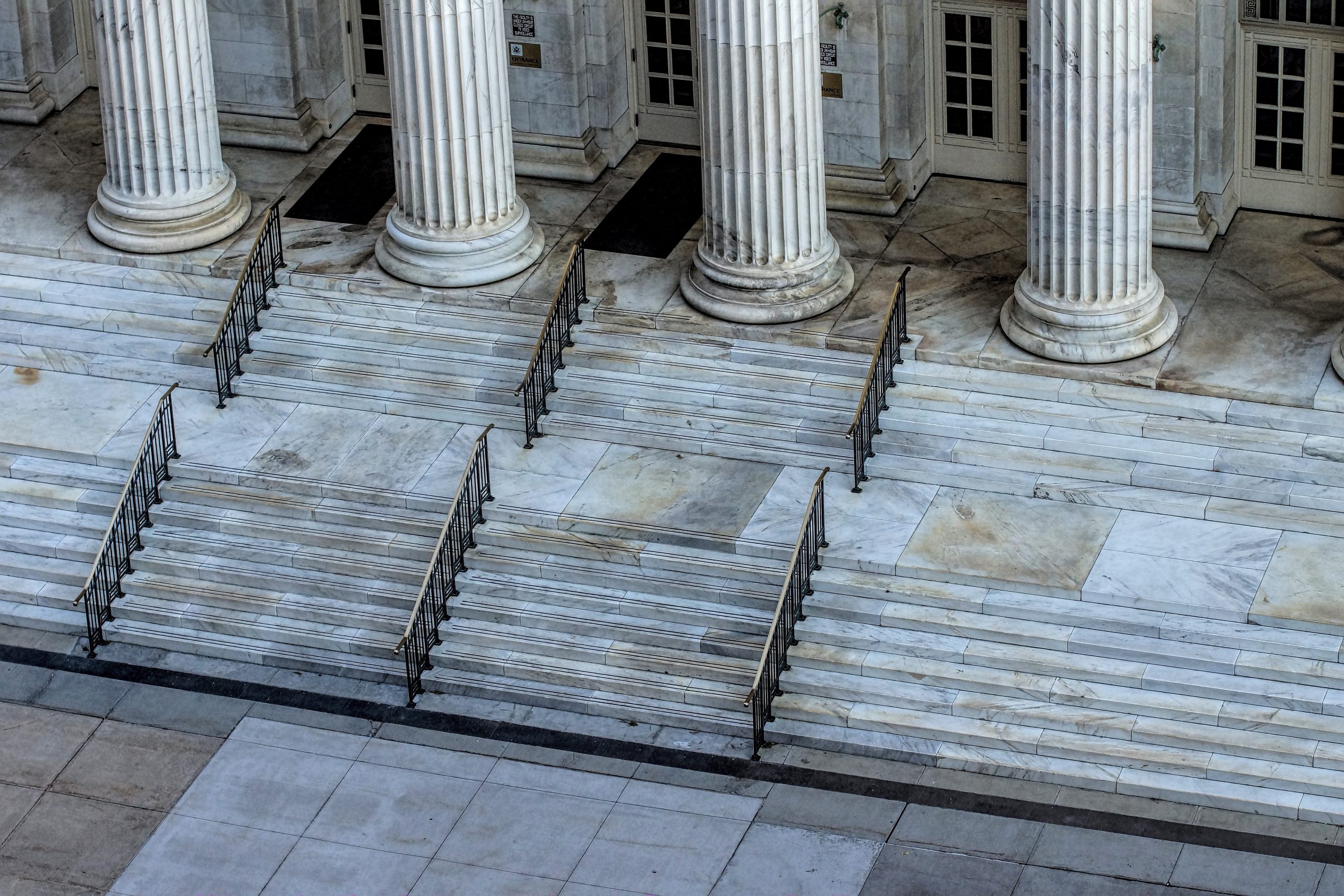 Allocating damages in a wrongful death case is challenging because putting a price on a life is hard. Therefore, if a family in a wrongful death case feels the jury abused its discretion in calculating that monetary value, then the family can resort to a motion for JNOV to try and correct the decision. However, this is a rigorous standard, and a recent case out of Baton Rouge outlines how a court reviews these motions.
Allocating damages in a wrongful death case is challenging because putting a price on a life is hard. Therefore, if a family in a wrongful death case feels the jury abused its discretion in calculating that monetary value, then the family can resort to a motion for JNOV to try and correct the decision. However, this is a rigorous standard, and a recent case out of Baton Rouge outlines how a court reviews these motions.
Noha Salama was visiting family in Louisiana from her home in Israel. Her nephew picked her up from the airport in New Orleans, and the two drove down Interstate 10 toward Baton Rouge. The nephew exited the highway at Louisiana Highway 44/Burnside Drive in Gonzales and stopped at the stop sign at the end of the exit ramp. In an attempt to re-enter the interstate, the nephew drove the vehicle across the four-lane highway and failed to stop at the median, which divided the north and southbound lanes. Once the vehicle crossed over the median, it was broadsided by two cars going south. Salama, who was in the front passenger seat, died at the accident scene.
Salama’s husband and five children filed a wrongful death action against her nephew, his insurer, the drivers of the two southbound vehicles, their insurers, and the DOTD. The family settled with all of the defendants except for the DOTD, and their case against the DOTD proceeded to a jury trial. The family alleged the DOTD, which had control over the intersection, was at fault for the accident for treating the Highway 44 exit and entrance ramps as a single intersection rather than two separate intersections.
The family also argued that the DOTD failed to install a stop or yield sign in the highway median. The jury then found the DOTD 18% at fault for the accident and Mrs. Salama’s nephew 82% at fault. As a result, Mr. Salama was awarded $300,000, and each of the five children was awarded $150,000 in wrongful death damages. However, the jury awarded no survival damages, typically monetary damages for the deceased’s pain and suffering and lost wage earnings until their death.
The family filed a motion for a judgment notwithstanding the verdict (JNOV), which asks the judge to enter a verdict in favor of the losing party despite the jury’s ruling. The family filed the motion to argue the allocation of fault to the DOTD and the amount awarded to the family was insufficient. The trial court granted the motion with respect to Mr. Salama, increasing his damages to $400,000, and increased two of the children’s damages to $350,000 and $300,000. The DOTD appealed this new judgment.
A motion for JNOV under La. C.C.P. art. 1811 allows the trial court to correct a jury verdict by changing the jury’s fault findings and damages. Bourg v. Cajun Cutters, Inc. It is a very high standard because the jury is the trier of fact and will only be granted when the evidence points so strongly and overwhelmingly in favor of the moving party that reasonable people could not reach different conclusions. If there is evidence contrary to the evidence where a reasonable person could reach a different conclusion, then a JNOV is not warranted.
Upon review, the court assessed whether the initial award to Mr. Salama and two of his children were “abusively low.” The court explained that while it is impossible to place a monetary amount on the loss of life, wrongful death damages are intended to compensate the families for their loss. The monetary award considers loss of love, affection, companionship, support, and funeral expenses. Maldonado v. Kiewit Louisiana Co.
Upon review of the testimony from the family, the court first found that although Mr. Salama loved his wife for 29 years, the court could not conclude that no reasonable person would find the award of $300,000 to be abusively low and reinstated the damages to him.
The court then reviewed the award for the two children, one of which was 16 when Ms. Salama died, and the other is a diabetic whom Ms. Salama cared for. Wrongful death damages for dependants consider nurture, training, education, and guidance the child would have received had the parent survived. Cavalier v. State, ex rel. Department of Transportation and Development.
The court found the JNOV was proper for the 16-year-old child, but the court awarded too much. Therefore, the court revised the award to $250,000. As for the other child, the court found that reasonable people could disagree on whether $150,000 was an abusively low award, and the trial court erred in granting the JNOV motion.
Overall, a motion for JNOV is a valuable tool for plaintiffs to try and correct a jury’s decision regarding the allocation of fault and damages. However, granting a motion for JNOV is a rigorous standard because juries are given discretion. Therefore, these motions typically are not granted unless no reasonable person could conclude otherwise.
Written by: Berniard Law Firm
Other Berniard Law Firm Articles on Challenging Jury’s Allocations of Fault: Can a Trial Court Disregard the Jury’s Determination of Fault in a Foot Injury Case?
 Insurance Dispute Lawyer Blog
Insurance Dispute Lawyer Blog

